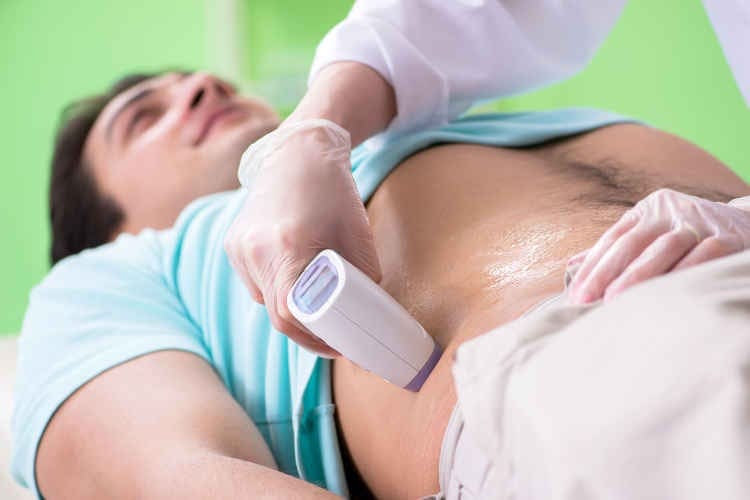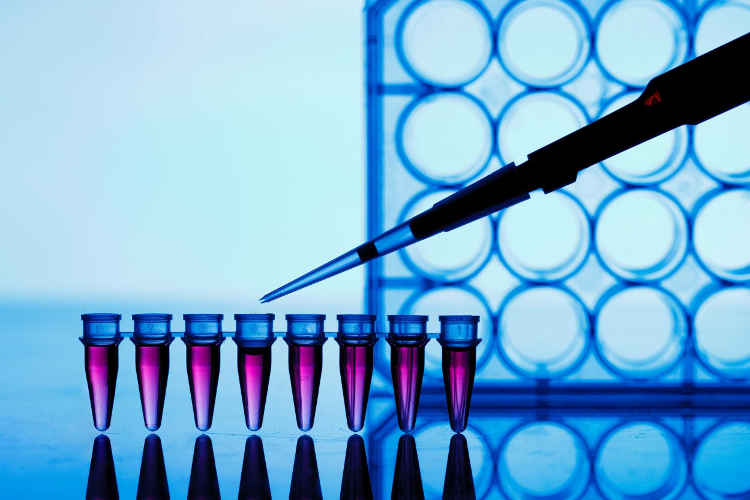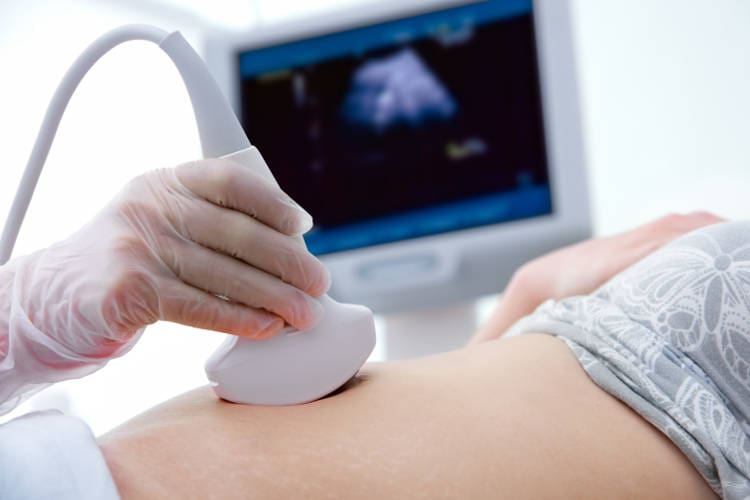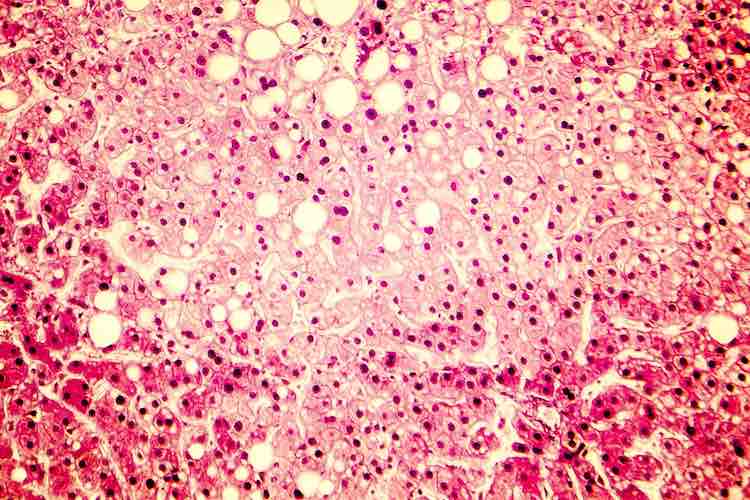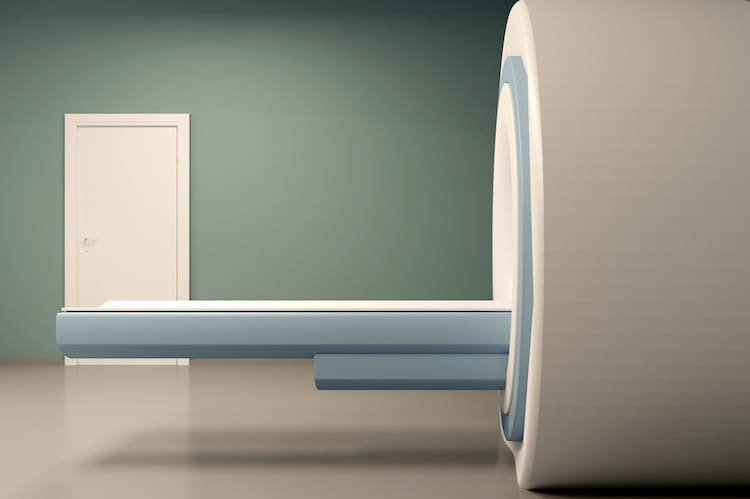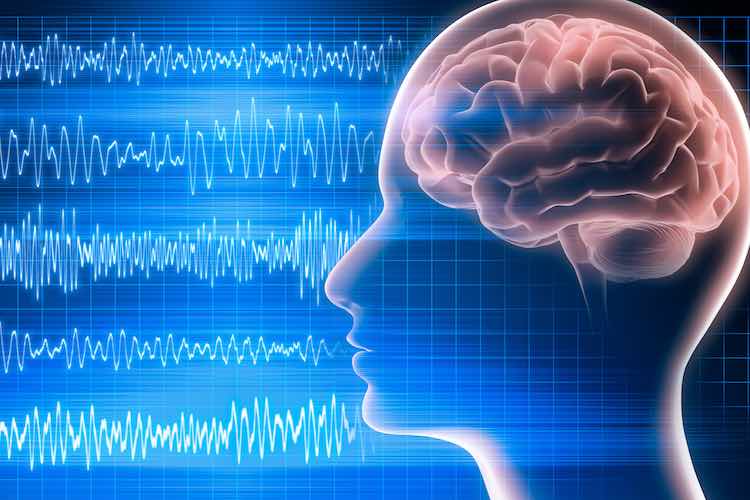Find out what’s involved when you have a fibroscan or a liver biopsy to assess the degree of liver fibrosis, and why cirrhosis is important.
PSA
Hepatitis C and PCR testing
PCR tests (polymerase chain reaction tests) help detect the presence of hepatitis C virus in the body and a person’s potential to transmit HCV to others.
Amniocentesis: what you need to know
Amniocentesis is a test that can be done in pregnancy. It is possible to tell from the test whether the fetus has certain birth defects.
Liver biopsy
Find out what is involved when you have a liver biopsy, in which a small piece of liver tissue is removed to help doctors detect liver abnormalities.
Nuclear medicine and radioactivity
Nuclear medicine uses small amounts of radioactive materials to diagnose and treat disease, using techniques such as bone scans, PET and SPECT.
Cervical cancer: symptoms and diagnosis
The symptoms and diagnosis process of cervical cancer, a guide for people with cervical cancer, their families and friends. If you have an abnormal Pap test result, you may need further tests for cervical cancer.
Electroencephalogram (EEG)
An electroencephalogram (EEG) is a test that records electrical signals within the brain, and can be used to diagnose several conditions, including epilepsy.
Peptic ulcers: diagnosis and tests
Tests that help diagnose a peptic ulcer include gastroscopy and Helicobacter pylori tests. The best test depends on your age and symptoms.
Alpha-fetoprotein (AFP) tests in pregnancy
An alpha-fetoprotein (AFP) test is a blood test that can show whether your fetus has signs of some birth defects, in particular, spina bifida (a type of neural tube defect) or chromosome abnormalities.
Diabetes and blood glucose monitoring
Keeping track of your blood glucose level is an important part of managing diabetes. See how to check blood glucose and blood glucose targets.

